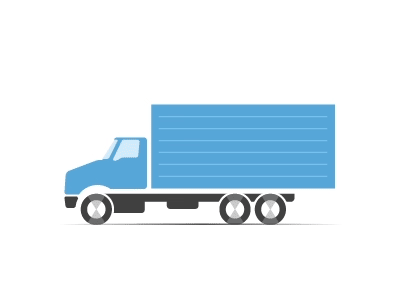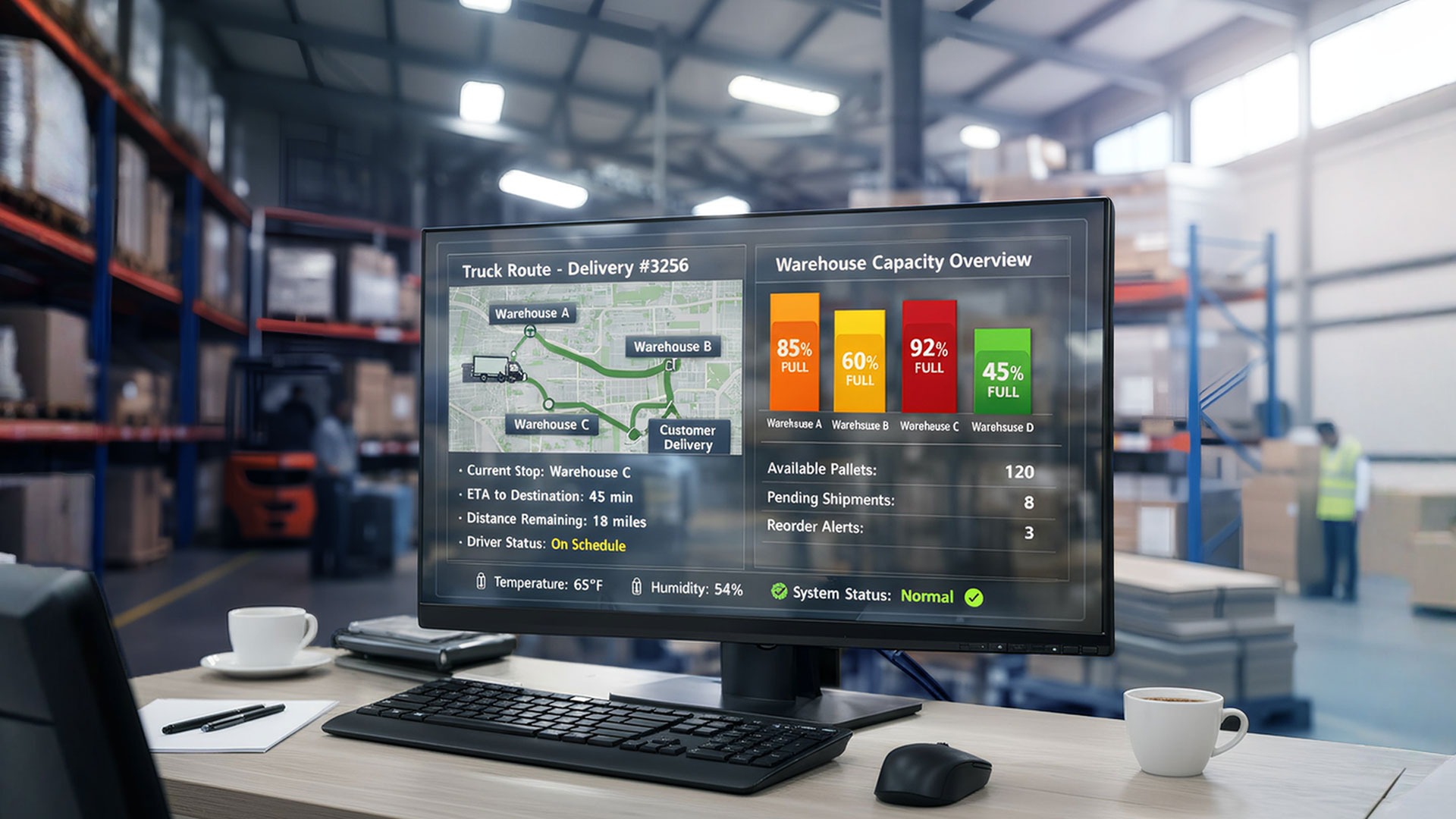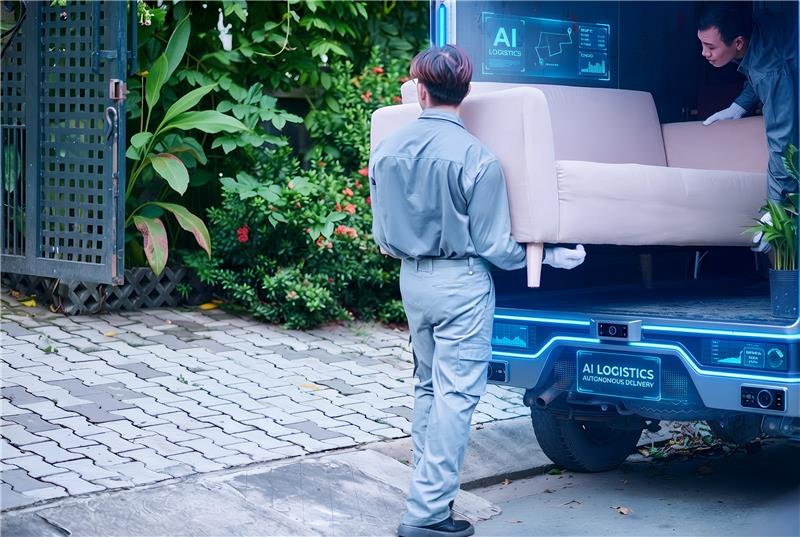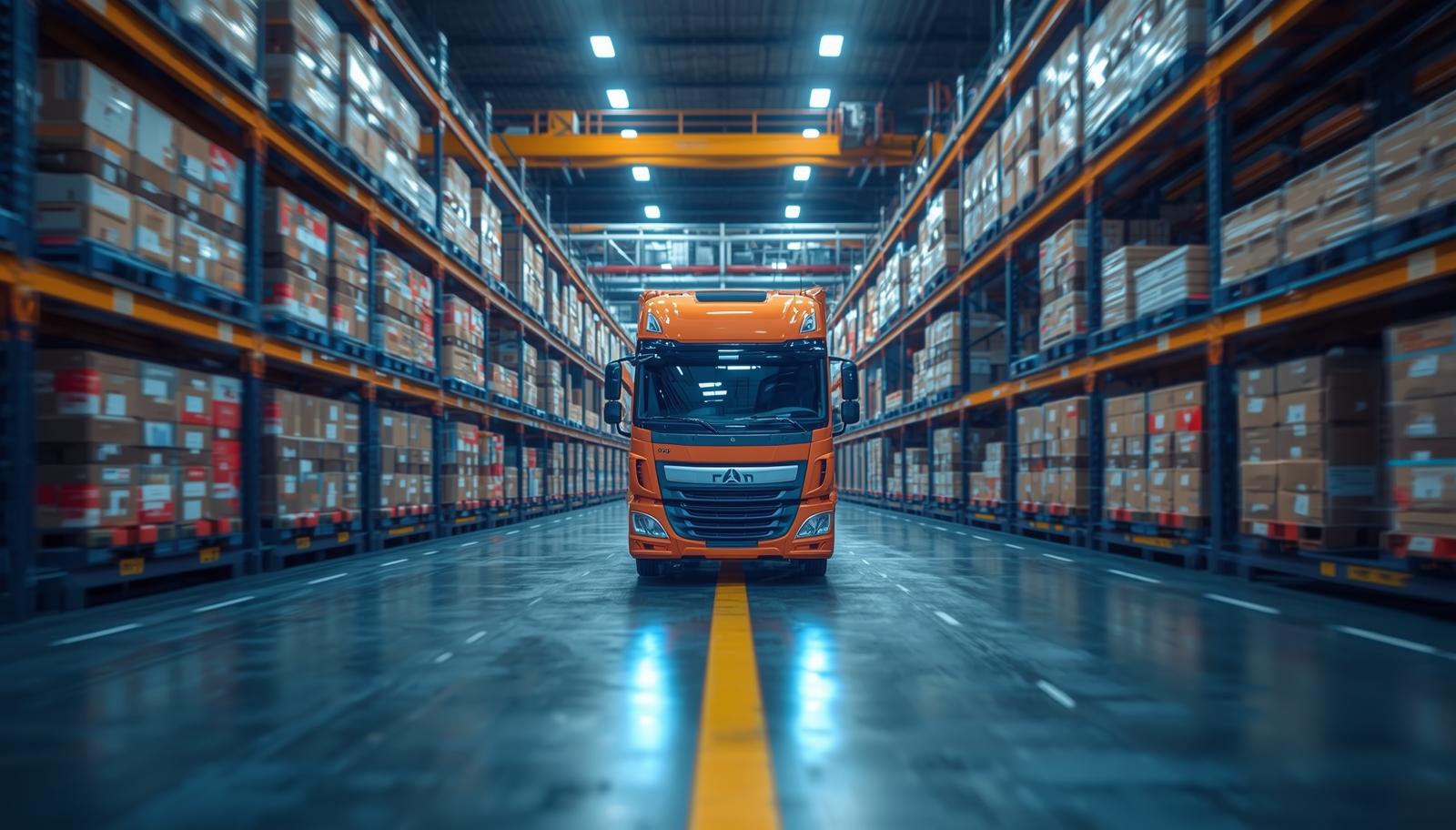
The adjustments that have taken place in an industry due to a long-lasting disease are certainly visible in many parts of the world, especially within the logistics sector. The sudden shift in consumer behavior leading to rapid movements on the side of companies that deal with logistics illustrates that they cannot afford to lose their relevance and thus come up with new recommendations for themselves. The significance of adapting to these changes lies not only within post-COVID-19 developments but also has a bearing on how people will live after this troublesome virus era hence it becomes all the more crucial.
We will discuss the significant alterations in consumer behavior that have impacted logistics, explain how corporations are coping with these alterations, and give recommendations for making your logistics processes resilient into the future. Let’s get started on ways to be ahead while everything else remains constant.
Analyzing the Pandemic’s Influence on Consumer Behavior
Because of the COVID-19 pandemic, there has been a noticeable change in consumer behavior specifically in terms of either buying habits or how they expect goods to be delivered. Below are three significant logistics transformations:
1. The Surge in E-commerce During the Pandemic
Before COVID-19, e-commerce was already gaining momentum, but the pandemic acted as a fuel that propelled more shoppers online. With physical shops locked down or limited, people started buying everything from foodstuffs to gadgets through the internet. It was not a fad. The ease of shopping for goods from online stores has become part of consumers’ lives and even after lifting restrictions many stick to it.
This has posed a huge challenge for logistics providers since the amount of products needing delivery has surged drastically at times that are too short. The issue lies not only in dealing with bulk but also important to note is that there is an increase in what buyers expect from sellers.
2. Growing Demand for Same-Day Delivery Post-Pandemic
E-commerce is indeed booming, and speedier delivery is now a big demand. Consumers used to think two-day delivery was quick, but now they expect it as a common option. The pandemic has worsened this instant gratification need because individuals are increasingly turning to their homes to get necessary items.
Consequently, logistics firms must optimize their shipping systems to fulfill these new demands without sacrificing effectiveness and affordability.
3. Increased Awareness of Sustainability
Human beings are always trained on data until they become human. The pandemic has also raised alarms about climate change phenomena. Because many individuals remained within doors, pollution dropped noticeably, and consequently an increased interest in environmental sustainability. Nowadays individuals consider their purchase decisions while taking into account how those purchases come to their homes.
The shift in consumer behavior is forcing logistics firms towards greener practices, such as employing electric cars, optimizing delivery routes to limit pollution emissions, as well as selecting eco-friendly packaging methods.
How Logistics Companies Are Adapting?
This new consumption behavior requires a more complex approach. Logistics firms are leveraging technology, expanding last-mile alternatives, and adding sustainability into the mix to serve post-pandemic clients better.
1. Utilizing Technology and Automation for Logistics Efficiency
Logistics has relied heavily on technology for adaptation. Organizations are turning more to automation to handle the skyrocketing demand. With robots scoring the items much more quickly than humans do, warehouse automation is now a common feature.
Moreover, advanced analytics and artificial intelligence (AI) are being used to streamline routes, anticipate needs, and improve overall operational performance. As a result, logistics companies can respond to present-day needs in addition to forecasting future requirements thus maintaining their relevance.
2. Enhancing Last-Mile Delivery Solutions for Greater Reach
The last leg of delivery is typically the most difficult and expensive step of the logistics chain. The trend toward same-day delivery has seen firms make significant investments in last-mile initiatives.
Some firms are increasing their fleet size while others collaborate with external companies to broaden their geographic coverage. Also, new ideas such as drone delivery and driverless cars are being investigated to enable quicker, more efficient, and cost-effective last-mile deliveries.
3. Adopting Sustainable Practices in Logistics Operations
Sustainability is not merely a trendy phrase, but rather an integral part of logistics strategies. Firms are putting in place various initiatives in an attempt to minimize their carbon footprints. Some of these measures include moving to electric or hybrid vehicles, using renewable energy sources in warehouses, and improving delivery routes so that they minimize fuel use.
Sustainable packaging is becoming increasingly popular, with enterprises investigating possibilities such as biodegradable substances and cutbacks on excessive boxings. These actions not only entice eco-friendly customers but also allow businesses to save money over time.
Challenges in Adapting to New Consumer Behaviors
Even though it’s very important to change according to new consumer behaviors, that doesn’t come easy. When it comes to dealing with everything from increased demand to compliance with new regulations, logistics firms encounter numerous issues.
1. Handling the Surge in Demand
For instance, as per recent reports, it can be said that there has been an increase in demand for logistics services, which can be ascribed to the e-commerce boom. However, this rise might overload existing infrastructures leading to delays, traffic congestion, and increased costs of operation.
To tackle this issue firms have to put in place scalable infrastructure which will be able to manage changing demand requirements. This may require boosting warehouse space upgrading transportation fleets or even adopting sophisticated technological advancements.
2. Tackling Supply Chain Disruptions for Seamless Operations
The pandemic has put a spotlight on the weaknesses present in international supply chains due to factors such as factory closures, border restrictions, and lack of labor. Such breaks in these processes could lead to chain reactions resulting in delays and rising costs throughout the supply chain framework.
To safeguard against such problems, businesses must have stronger supply chains. Some ways of achieving this include sourcing from multiple vendors, stockpiling finished products, or embracing more versatile manufacturing and transportation methods.
3. Managing Regulatory Changes in the Supply Chain
It is a fact that the logistics field has got a lot of constraints because of the pandemic which encouraged several companies to follow new rules and regulations concerning their operations. Relevant examples include directives on health and safety, restrictions on movement as well as new trade policies.
Comprehending all these changes might be complicated especially for firms that have their branches in different areas. That’s why it’s better practice to be updated on any regulatory changes so as not to fall into fines or any sort of disruptions.
Key Strategies for Future-Proofing Your Logistics Operations
The post-pandemic world has made it necessary for logistics firms to take on board strategies that will not only solve the present problems but also help them survive in the future. A few of the strategies include:
1. Investing in Scalable Technology
Modern logistics rely on technology. Therefore, investors must be able to make choices that will deliver returns in the years ahead through investments in scalable solutions. These may include warehouse automation, AI-driven analytics, or advanced tracking systems that can be easily adapted for direction.
Besides, investments in technology can increase efficiency while at the same time enhancing responsiveness to changing consumer preferences. For instance, real-time data analysis provides an opportunity to predict demand spikes and make necessary adjustments.
2. Building Flexible and Resilient Supply Chains
Pandemics can underline the importance people put on resilience or flexibility regarding supply chains. Thus, there is a good chance that when an emergency occurs in the future, those who develop the ability to timely adjust will have a stronger headway in life.
To avoid reliance on one source of supply, it may be wise to widen your list of suppliers. Keeping higher levels of inventories as insurance against disruptions also known as just-in-case inventory management may help avoid stock-outs and service interruptions.
3. Focusing on Customer-Centric Logistics
In a world after the pandemic, customers have greater expectations than before. To satisfy these expectations, logistics firms must use customer-centric and attention-grabbing ways of doing business. This involves concentrating on transparency, communication, and reliability.
For instance, if you provide real-time tracking updates and accurate delivery windows for customers, it can lead to their satisfaction and increased trust in your services. Moreover, allowing different kinds of deliveries like scheduled deliveries or parcel lockers would help users manage the whole shipping process much better.
Case Studies

Let’s take a look at some companies that have successfully adapted to the changes in consumer behavior and are leading the way in post-pandemic logistics.
Amazon’s Investment in Robotics and AI
Amazon has long remained the top organization in logistics innovation, while the pandemic has served to hasten these endeavors. In this regard, the company has been making massive investments in robotics and artificial intelligence to streamline its warehouse processes. Such technologies have allowed Amazon to manage an upsurge in e-commerce transactions without sacrificing promptness in deliveries.
To illustrate, Amazon has improved its distribution centers remarkably through the use of Kiva mobile robots among others. Such machines are capable of picking things up very fast and transporting them hence making it possible for client orders to be fulfilled within the shortest time possible. Moreover, through artificial intelligence-based prediction of demand, Amazon can project demand patterns and modify its activities accordingly.
DHL’s Commitment to Sustainability
DHL has integrated sustainability as part of its logistics strategy. They have pledged to attain net zero carbon emissions by 2050 and are investing heavily in green technology.
For instance, DHL is using electric cars for last-mile transportation. The firm is using numerous electric vehicles around the world to diminish dependency on fossil fuels and cut down on greenhouse gas emissions at the same time. In addition, using sustainable aviation fuel for air freight operations is also being looked at by DHL as one way of advancing its sustainability objectives.
FedEx’s Last-Mile Delivery Innovations
FedEx has always been a pioneer in the field of last-mile delivery, especially by responding to the emergence of same-day delivery expectations. They have come up with varied solutions to make their last-mile delivery more efficient through self-driving cars and drones.
One instance is when FedEx teamed up with robotics firm Roxo to design a delivery robot that can move on sidewalks and drop off parcels at customers’ front doors. Apart from enhancing speed in deliveries this also lowers the amount of money spent on last mile deliveries being therefore profitable for FedEx as well as its clientele.
Conclusion
The logistics industry is changing due to the impact of post-pandemic changes in consumer behavior. For logistics companies to remain competitive in a world where e-commerce continues to increase rapidly, they need to focus on speed, convenience, and sustainability.
Leverage technology; offer last-mile delivery solutions; be sustainable and resilient in supply chains for companies to position themselves for success in the new normal. You must stay dynamic, foresee developments, and change course whenever necessary.
Therefore, logistics should not just involve moving products from point A to point B but also providing value for the customers as their needs change. Those who can achieve this will not only exist after the pandemic but prosper.
How Can Wahyd Logistics Help?
With expertise in Logistics and a long list of happy customers, Wahyd Logistics is always committed to providing seamless logistics services that cater to your business requirements.
We are here to offer you hassle-free and customized logistics solutions, so you can do more with your business while we handle all the challenging tasks!
Contact our logistics experts today and we will be happy to help with your logistics.






